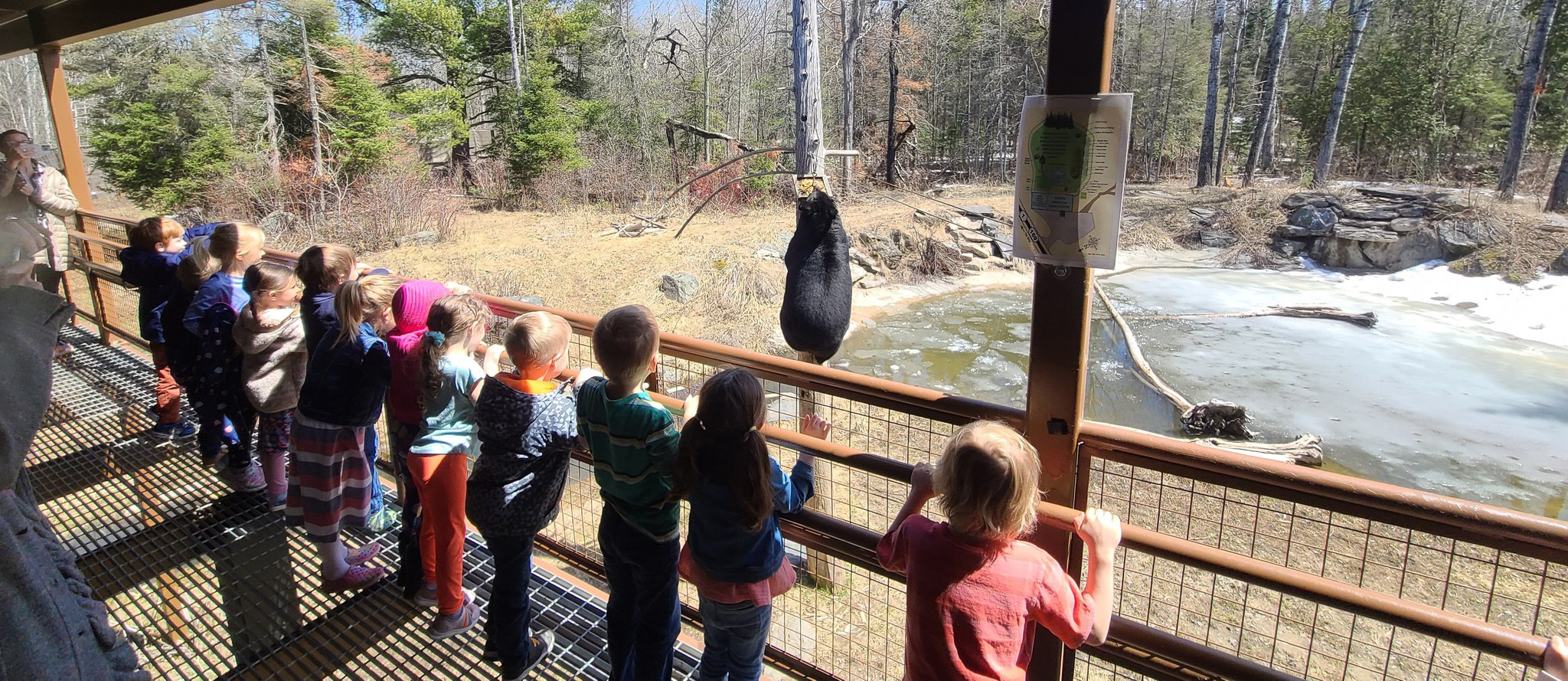

Strong Arm Tactics
New Scientist News Service, February 21, 2001, Andy Coghlan
Bears hardly lose any muscle when they hibernate, say zoologists at the University of Wyoming. Their findings could lead to new treatments for muscle wasting in humans, or ways to conserve muscle tissue during space flight.
Henry Harlow and his colleagues made the discovery by analyzing muscle biopsies from sedated bears at the start and end of hibernation. They believe bears conserve muscle so they can fight or flee if disturbed by predators.
Harlow’s team has been studying black bears in the Rockies for the past four years and the latest findings came from studies on about 10 bears per year.
Deep sleep
Harlow found that over 5-7 months of hibernation, black bears lost just 22 per cent of their strength and 10 to 15 per cent of their protein.
Over a similar period, bed-bound humans would lose 85 per cent of their strength and 90 per cent of their protein.
Harlow believes bears have developed tricks that conserve muscle. “They don’t eat, drink or pee for 130 days,” he says. “They reabsorb urea through the bladder and use the nitrogen to conserve protein.” If humans tried the same trick, he says, they would suffer from uremia.
Hot spot
Readings from small thermometers implanted on the bears showed that they probably “exercise” by shivering periodically during sleep. Although core body temperature stayed constant, temperatures in the neck spiked around four times a day. “It means the bear is vigorously contracting muscles,” says Harlow.
Finding hibernating bears
Harlow and his colleagues track hibernating bears with radio-collars. Harlow creeps into the dens with a flashlight and a sedative-containing syringe on a pole. He has learned that black bears try to escape rather than attack. “None of my crew has been hurt, and we’ve been in 300 dens,” he says.
After a bear is sedated, researchers take a small biopsy the size of a pea. They also measure muscle strength with a device that is temporarily clamped onto the leg below the knee. They measure muscle strength by stimulating a reflex muscle in the ankle.
Harlow says the research might reveal ways to prevent muscle wastage in bed-bound people.
More at: Nature (vol 409, p997)
We are a 501(c)(3) non-profit that relies entirely on the support of visitors, merchandise sales and people like you. We do not receive any state or federal funding.
Help support our mission.
Donate Now